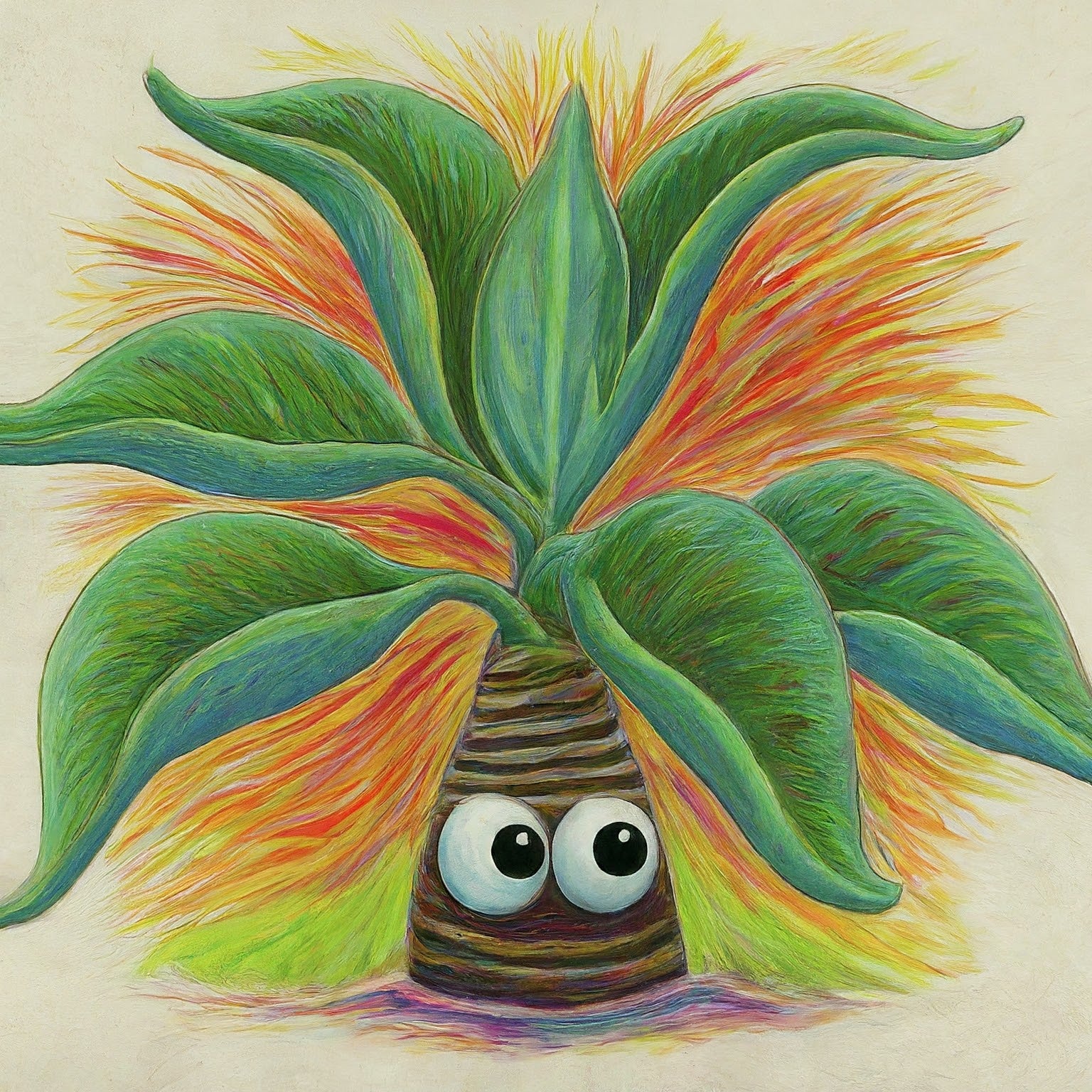For Faster Shipping use Amazon for delivery before Christmas
For Faster Shipping use Amazon for delivery before Christmas

Kava and Sustainability: Supporting Ethical Kava Farming Practices
April 30, 2025 2 min read
Hey kava lovers! So, you've probably heard about "sustainability" – it's kind of a buzzword these days, right? But what does it actually mean for our beloved kava? Well, grab a shell and settle in, because we're about to explore how your kava choices can impact the environment and the communities that cultivate this incredible plant.
Kava's Roots: From Ancient Traditions to Modern Concerns
Kava, or Piper methysticum, has been a cherished part of Pacific Island cultures for centuries. Traditionally, kava farming was small-scale and sustainable, with a deep respect for the land and its resources. However, as kava's popularity has grown worldwide, so has the demand for this relaxing root. This increased demand has led to some not-so-great practices, like deforestation, unsustainable farming methods, and even kava theft.
The Importance of Sustainable Kava Farming
Sustainable kava farming is all about finding a balance between meeting the growing demand for kava and protecting the environment and communities that depend on it. Here's why it matters:
- Protecting Biodiversity: Kava plants are part of a delicate ecosystem. Sustainable farming ensures that kava cultivation doesn't harm other plant and animal species in the area.
- Preserving Soil Health: Kava plants need healthy soil to thrive. Sustainable farmers use methods like crop rotation and composting to maintain soil fertility and prevent erosion.
- Conserving Water: Water scarcity is a growing concern in many parts of the world. Sustainable kava farmers implement efficient irrigation techniques to minimize water usage.
- Supporting Local Communities: Kava farming is a vital source of income for many Pacific Islanders. Sustainable practices help ensure that these communities benefit from the kava trade and maintain their traditional way of life.
Kava's Carbon Footprint: A Hidden Impact
You might be surprised to learn that kava has a carbon footprint. The production, transportation, and packaging of kava can contribute to greenhouse gas emissions. But don't worry, there are ways to reduce kava's environmental impact:
- Choose Local Kava: Opt for kava grown closer to home to reduce transportation emissions.
- Buy in Bulk: Buying kava in bulk packaging reduces the amount of waste generated.
- Look for Eco-Friendly Packaging: Choose kava brands that use recycled or compostable packaging materials.
Your Kava Choices Matter
As kava enthusiasts, we have the power to influence the kava industry and its environmental impact. By choosing kava from brands that prioritize sustainability and fair trade practices, we can support farmers who are working to protect the environment and their communities.
The next time you're sipping your kava, take a moment to consider where it came from and how it was grown. By making informed choices, we can all contribute to a more sustainable and equitable future for kava.
#Kava #Sustainability #EthicalKava #KavaFarming #KavaCommunity #EnvironmentalImpact #PacificIslands #GreenKava #KavaCulture #ResponsibleConsumerism
Leave a comment
Disclaimer:
The views and opinions expressed in this blog post are those of the author and do not necessarily reflect the official policy or position of Wakacon Kava. Any content provided is for informational purposes only and is not intended as a substitute for professional advice. Wakacon Kava is not responsible for any errors or omissions, or for the results obtained from the use of this information. Readers are encouraged to do their own research and consult with qualified professionals before making any decisions based on the information provided in this blog.
Affiliate Disclosure:
This blog post may contain affiliate links, which means that Wakacon Kava may earn a commission if you click on a link and make a purchase. This comes at no additional cost to you.
Copyright Notice:
All content on this blog is the property of Wakacon Kava and is protected by copyright laws. You may not reproduce, distribute, or transmit any content from this blog without the express written consent of Wakacon Kava.
